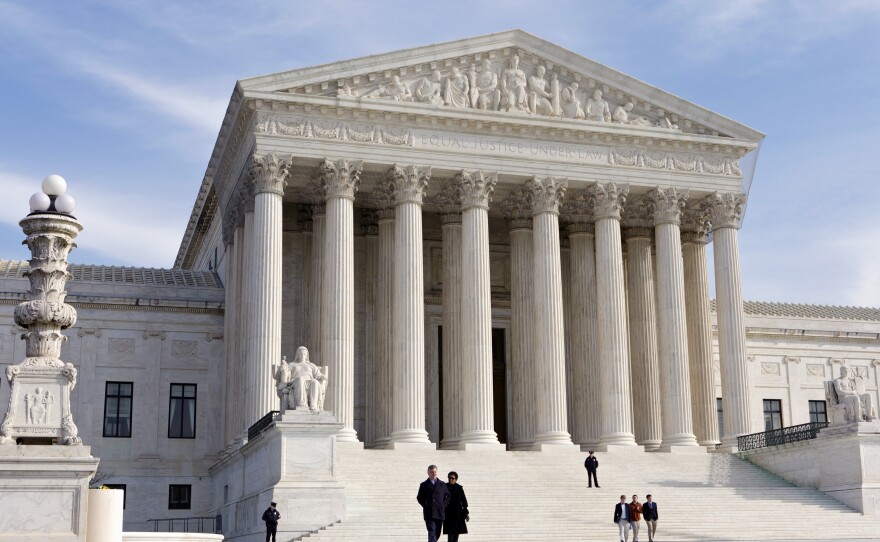
In the first Planned Parenthood defunding case to reach the U.S. Supreme Court, the justices have refused to disturb a lower court decision that barred Indiana from stripping Medicaid payments to the organization.
More than a dozen states have enacted or considered laws that bar Planned Parenthood from receiving any Medicaid payments for treating poor women. The laws target the organization because it also provides privately funded abortion services in about 3 percent of its cases.
Six federal courts have ruled that targeted defunding is illegal, since federal law bars interference with the choice of a qualified Medicaid provider. The Indiana case was the first of these to reach the high court, and the justices, without comment, declined to intervene, leaving intact the lower court ruling in favor of Planned Parenthood.
One in five women in the U.S. has visited a Planned Parenthood health center at least once in her life, according to the organization. Each year, Planned Parenthood clinics conduct 640,000 breast cancer screenings and 585,000 Pap tests for cervical cancer. The clinics see 2 million patients annually for birth control purposes and 4.5 million to test for sexually transmitted diseases, like HIV. The organization says that more than 90 percent of its health care services are preventive.
Federal law bars the use of federal funds for abortion, but Planned Parenthood does provide privately funded abortions. The organization says those account for about 3 percent of its caseload.
Copyright 2013 NPR. To see more, visit www.npr.org.






